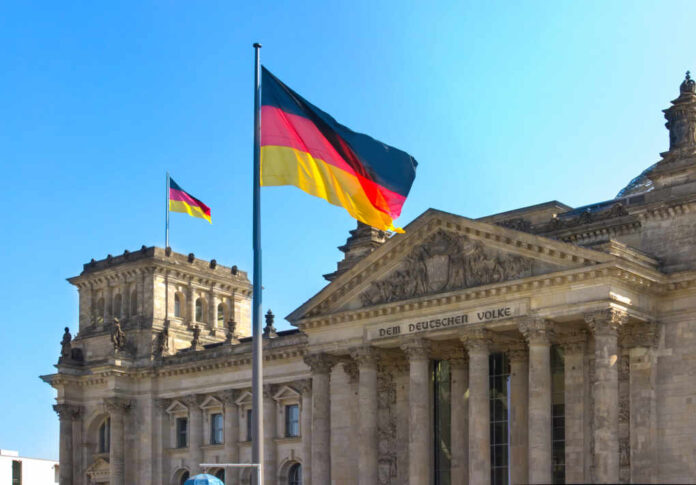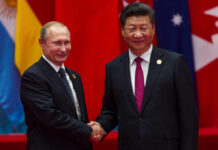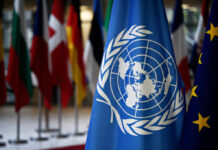
Ukraine has surpassed Russia in trade with Germany for the first time since 1992, marking a profound shift in Eastern European economic alliances.
At a Glance
- For the first time in a year, trade between Ukraine and Germany has surpassed Germany’s trade with Russia.
- This marks the first instance since 1992 that Germany trades more with Ukraine than with Russia.
- Trade and economic ties are developing at both national and regional levels, enhancing business contacts.
- Key areas for German investment in Ukraine include reconstruction, green energy, IT and digitalization, and defense.
A Historic Economic Milestone
For the first time in over three decades, Germany’s trade with Ukraine has overtaken its trade with Russia. This landmark development occurred in September 2023, when Ukraine’s monthly trade turnover with Germany reached 840 million euros compared to Russia’s 770 million euros. This change is largely driven by Ukraine’s strategic economic reforms and efforts to diversify trade avenues, which are fostering stronger connections with European markets, particularly Germany.
Currently, Ukrainian exports to Germany primarily focus on food, metals, machinery, and equipment. The enhanced infrastructural capabilities in Ukraine, paired with strategic initiatives in sectors like agriculture, raw materials, and technology, have boosted its appeal as Germany’s preferred trading partner. This shift underscores the growing geopolitical realignment and the importance of stable, diversified economic ties in Europe.
Strategic Investments and Opportunities
Germany’s growing economic relationship with Ukraine is multifaceted, with investments targeting several key areas, including Ukraine’s reconstruction and the development of green energy solutions. The IT and digitalization sectors, along with the defense-industrial complex, also present opportunities for growth and collaboration. This relationship is supported by both national strategies and regional partnerships that enhance business connectivity and resilience against economic downturns.
For Germany, engaging with Ukraine supports its broader strategic interests in Eastern Europe, creating new markets for expansion and maintaining stability in the region. The recent developments reflect a broader trend of shifting alliances and trade patterns, with Ukraine positioning itself as an increasingly significant player on the European economic stage.
Geopolitical Implications
The rise of Ukraine as a key trading partner for Germany carries significant geopolitical implications. Reduced reliance on Russia aligns with Ukraine’s economic and political aspirations to integrate more closely with European and EU standards. This transition emphasizes the importance of developing resilient trade partnerships that contribute to regional stability and growth, while moving away from historical dependencies on Russian markets.
The realignment of trade dynamics between Germany, Ukraine, and Russia is emblematic of wider geopolitical shifts. With Ukraine’s growing economic stature, enhanced infrastructures, and strategic investments, the country is effectively asserting its role as a vital economic partner in Eastern Europe, setting the stage for new alliances and economic opportunities.

























